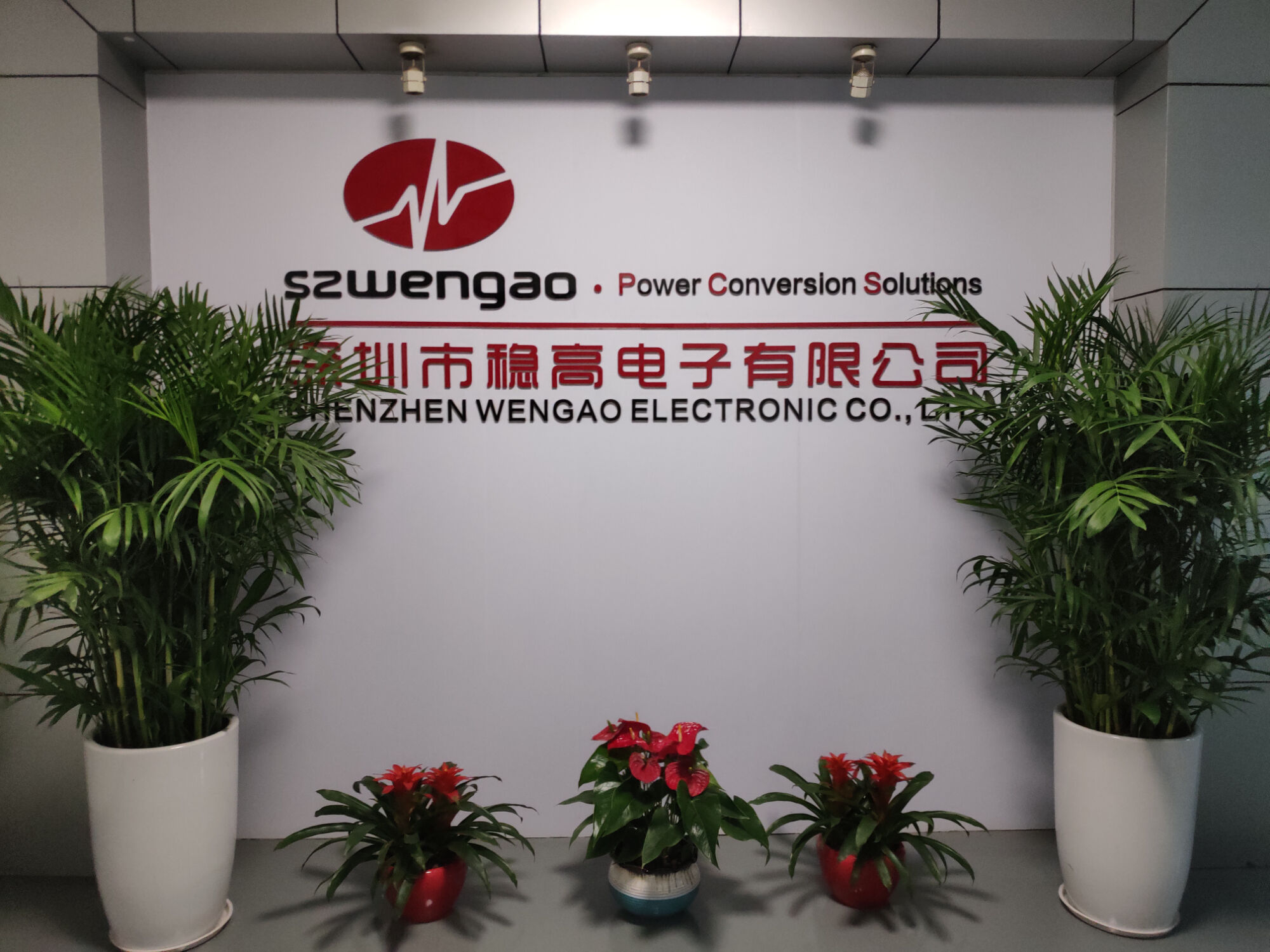Battery Chargers Exposed: A Must-have Item for Modern Gadgets
Modern gadgets are powered by battery chargers which are essential accessories. As a matter of fact, battery chargers are important in ensuring that we remain connected and mobile through our smartphones, laptops or electric vehicles (EVs).
Battery Chargers Definition
A battery charger is an electronic device intended to recharge rechargeable batteries by supplying energy through them. They come in various forms and specifications, tailored to the specific needs of different battery types and applications.
Types of Battery Chargers
Smart Charger: These chargers possess microprocessor-based circuitry which monitors as well as adjusts the charging process based on factors such as the type of battery, voltage levels, and temperature among others. Through this they prevent overcharging while at the same time optimizing charging efficiency.
Fast Charger: This enables batteries to be charged at rates higher than those delivered by standard chargers thus resulting in lower charging times. Commonly used with smartphones, tablets and other portable electronics devices
Trickle Charger: With trickle charger slow steady charge is applied to batteries over longer periods of time; it is ideal for keeping up battery health for those vehicles or equipment that is not frequently used like marine vessels.
EV Charger: Electric vehicle (EV) chargers come in various designs including AC chargers for home use and DC fast chargers for rapid charging using public stations, which all make EV popular.
Features and Benefits Safety Features – most contemporary battery charges integrate numerous safety protections such as short-circuit protection, temperature monitoring among others so as to ensure that there will be no damage caused on the batteries and user safety guaranteed. Efficiency- The advanced charging algorithms in smart chargers optimize each charge cycle with minimum wastage on energy hence maximizing life span of the batarries thus minimizing its environmental footprint. Versatility – examples include lithium-ion, lead-acid, nickel-cadmium and more that enable battery chargers to support a range of battery chemistries for applications spanning consumer electronics to industrial equipment.
Applications and Uses
Battery Chargers are used in various industries and uses which include;
Consumer Electronics – Charging smartphones, laptops, tablets, cameras and other portable devices.
Automotive – Batteries for cars, motorcycles, electric vehicles charging.
Marine – Ship and yacht batteries maintenance.
Industrial – Tools powering; emergency back up systems; warehouse equipment.
Future Trends The future direction in battery charger developments might involve; Wireless Charging - Wireless charging technology is expected to become more advanced.
Fast Charging Innovation: Improve the charging speeds while maintaining good health of the batteries
Integration with Renewable Energy: Chargers that tap solar or wind energy can offer green charging solutions
Conclusion In brief, Battery Charges are indispensable tools that make electronic devices and vehicles easy. Over time as the technology continues advancing so does the battery charges continue changing getting faster charge times as well as additional safety features. This makes them flexible enough to meet any kind of modern clients or industries’ needs.
Recommended Products
Hot News
-
Application Advantages of Non-Isolated BUCK Converters Compared to Isolated Step-Down Converters
2024-01-23
-
DC-DC Converters Showcase Remarkable Advantages in Outdoor Off-Grid Applications
2024-01-23
-
DC to DC Battery Charger - Wide input and Noise immunity for dual battery system applications
2024-01-19

 EN
EN
 AR
AR
 BG
BG
 HR
HR
 CS
CS
 DA
DA
 NL
NL
 FI
FI
 FR
FR
 DE
DE
 EL
EL
 HI
HI
 IT
IT
 JA
JA
 KO
KO
 NO
NO
 PL
PL
 PT
PT
 RO
RO
 RU
RU
 ES
ES
 SV
SV
 CA
CA
 TL
TL
 IW
IW
 ID
ID
 SR
SR
 SK
SK
 UK
UK
 VI
VI
 HU
HU
 TH
TH
 TR
TR
 FA
FA
 AF
AF
 MS
MS
 GA
GA
 HY
HY
 BN
BN
 MN
MN





